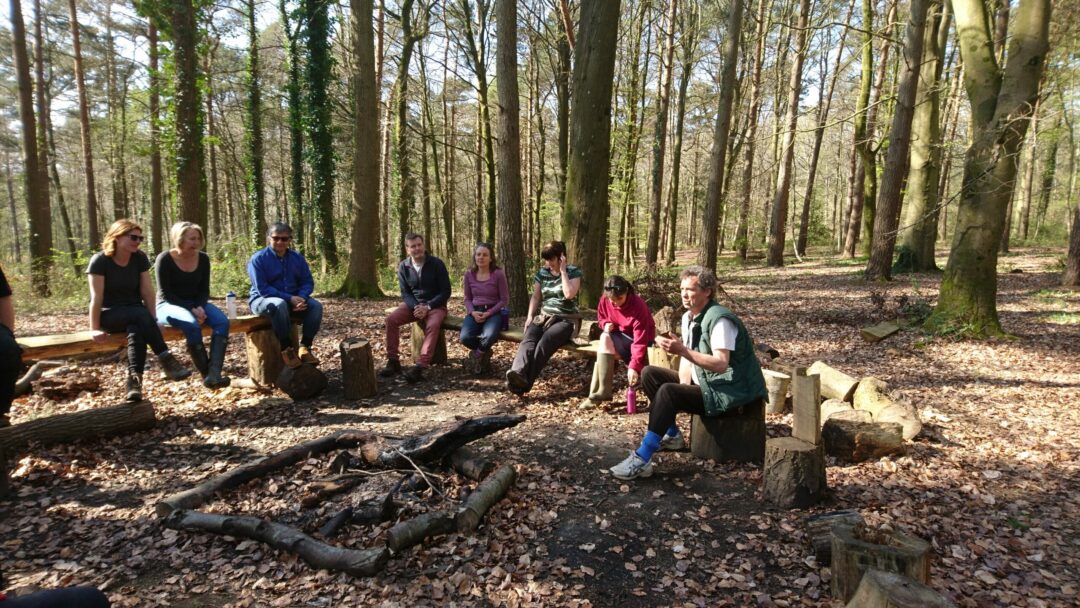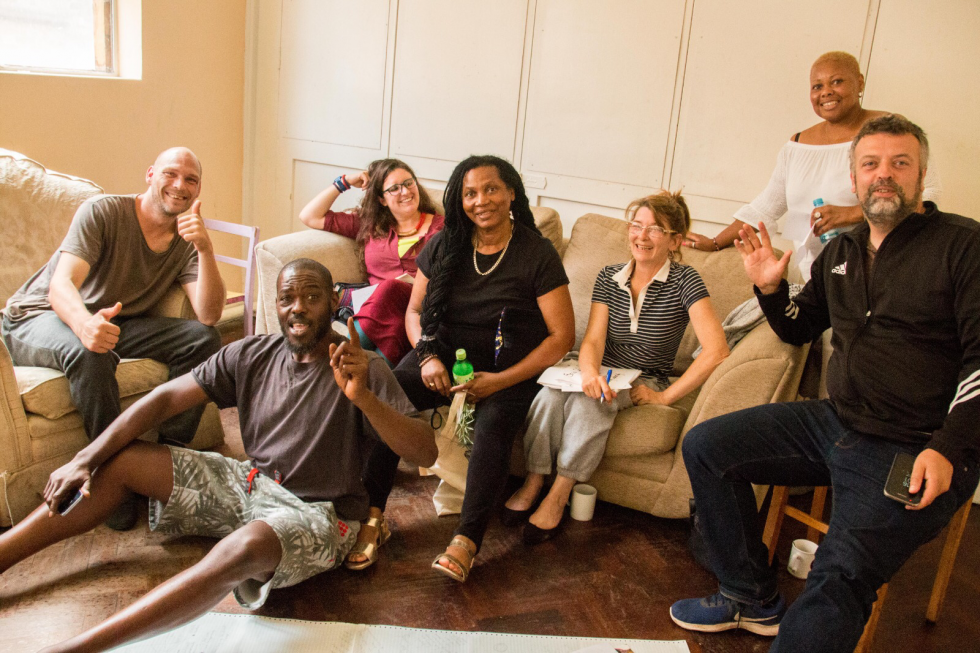Life’s speeding up, intensifying: then what?
At heart, I’m an optimist and I try to believe that life has meaning and purpose. Those beliefs are half-drowned right now, and I’m writing this blog in the hope of reviving them… If we think of the past five years, life for many of us has been overshadowed by huge crises, which feel almost intolerable: the climate emergency, covid, Ukraine, and now Israel-Gaza.
On the other hand, if you choose to face around and look for them, there are immense blessings in life too. Most of us in the UK have a lot to be grateful for: for a start, that we live here, not in the spreading list of trouble spots across the world.
The crisis in Israel-Gaza seems even more unbearable than the others, with the outright cruelty on both sides, and the apparently insoluble, systemic tragedy underlying it. As I’ve tried to live with it, and explored this with friends, I’ve come back to some essentials, which I’ll share in case they help you too.
- I try to feel the pain of the crisis in my heart, rather than push it down and pretend it’s not there. And holding that pain, hard as it is, I pray: for peace, reconciliation, healing. Whilst I’ve never been in anything so awful as this, in my own crises I have felt some comfort from knowing that others felt with me and were praying for me.
- I have led and taken part in many groups using the Work that Reconnects process, created by Joanna Macy. She believes that our pain is helped a lot if we can voice it and be witnessed in a group, and I’ve repeatedly found this to be true.
- Get out in Nature: sit with a tree, or lie face down on the grass, try to unwind, and give your pain to the Earth for composting.
- Deliberately seek out opportunities to express thanks, praise and joy. We have to choose to nourish ourselves, because we’re all immersed in a context (media, etc.) which aims to disempower and depress us.

The other question I want to explore in this blog is, where are we all headed? It seems that life in general is becoming more intense, and trends of all kinds are accelerating. The in-your-face trends are mostly alarming (e.g. war zones, environmental collapse, AI: if you want more data, click here. However, it may be that there are lots of positive trends speeding up too, but these are unmeasured, often unnoticed, and certainly unreported in the media.
Maybe under the apparent growth in polarisation, prejudice, othering, many of us are hatching different qualities like kindness, cooperation, humility. My favourite blog by Jem Bendell explores this: The Love in Deep Adaptation.
The speed and intensity of life in 2023 feels hard to cope with, and a lot more than 2018. So how will it be in 2028, or 2038? I don’t have answers, but I can share a few speculations.
For over 20 years, I have believed that at some point, the climate crisis would get so severe that mass public opinion would tip, and governments would take the drastic action that’s clearly needed. It still hasn’t happened, and at a big climate conference in 2019, I asked Charles Eisenstein, one of the experts I rate highly, when he thought things would tip. He frowned, sighed, and said, “Maybe the 2040s.”
His reasoning, which sadly I share, is that things will need to get extremely worse than they are now, especially for the rich and business leaders, before radical change might happen. And with the power of vested interests and social media, that change is getting ever harder.
One book which has given me hope for the longer term is The Ecotechnic Future, see my blog here. This book also believes that worsening will continue for years, but paints a plausible scenario of how a much smaller human population might survive with a combination of small-scale organic land cultivation and simple technologies. John Michael Greer at least points up positive steps we can take now, such as pilot projects that the future can learn from.
Let’s return to the question at the start, of this blog, can we choose our destination? It feels like where the planet is headed, and human society in general, is out of anyone’s control. And one of my fears for the many good local sustainability initiatives is that they will be swamped by the scale of problems like food shortages (see my blog on that here).

I’m sorry to share so much gloom, but I do have some hope. For a start, come back even more often to the basic approaches in paragraph 3. Find at least a few people who you can share your truth with, and find mutual support. Aim to strengthen your local community, and help it to prepare for more turbulence ahead, both logistically (e.g. soup kitchens) and emotionally (e.g. Joanna Macy processes). Consider the idea of hospicing: that the few who are willing to face into the chaos create infrastructures of support which others can turn to as upheavals grow.
It’s been encouraging for me to find, in recent weeks, that there are individuals and networks willing to engage with these big issues. In coming months, I hope to have more to share about resources and case studies which may help us. Let me finish with a quote from Rob Hopkins’ uplifting book, From What is to What if: “If we wait for governments, it will be too late. If we act as individuals, it will be too little. But if we act as communities, it might just be enough, and it might just be in time.” We can’t know our destination, but we can surely choose how we travel towards it.
